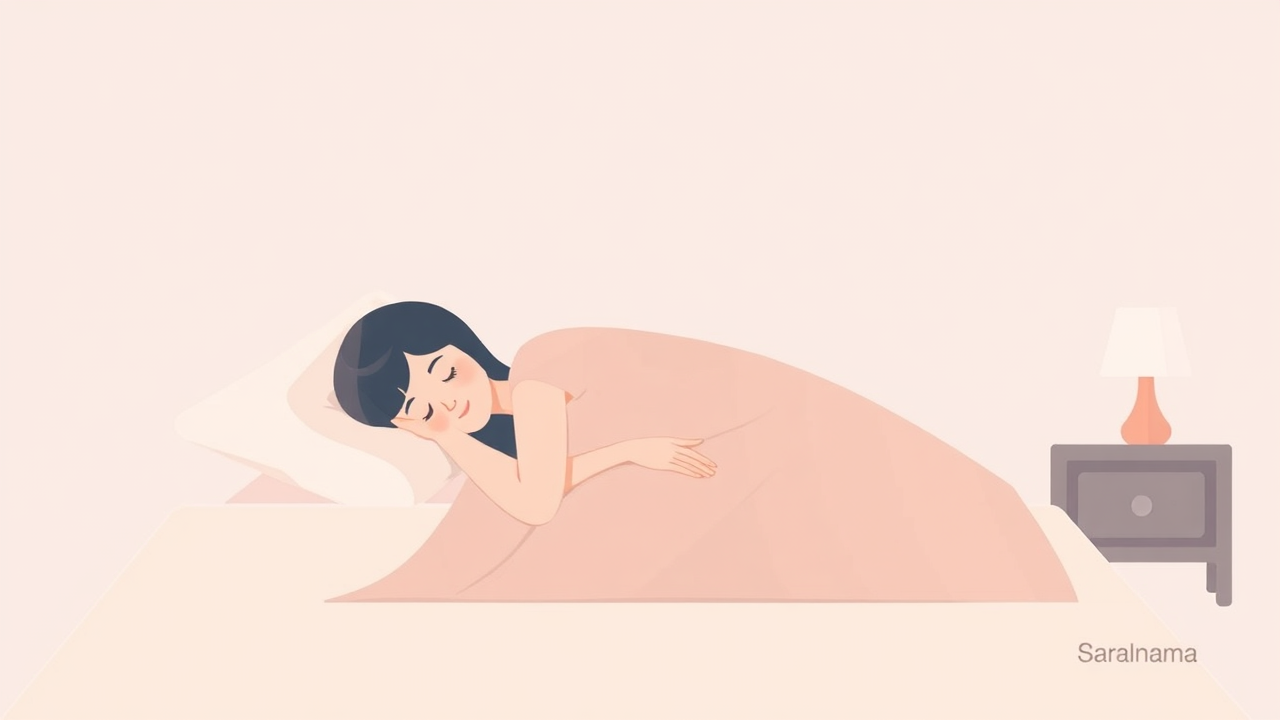Sleeping until noon daily, whether due to habit or work schedules, can significantly impact health by disrupting the body's natural circadian rhythm. This internal clock regulates sleep, hormones, metabolism, and alertness. Even if a person achieves the recommended 7–9 hours of sleep by going to bed very late, they may experience social jetlag, reduced morning alertness, and difficulty concentrating during typical daytime hours. Chronic late sleeping reduces morning light exposure, which weakens circadian entrainment and can lead to mood problems, increased fatigue, and higher risk of depressive symptoms. Altered eating and activity patterns, such as more nighttime snacking and less daytime exercise, may contribute to weight gain, insulin resistance, and hormonal imbalances. Some research also links irregular sleep schedules to low-grade inflammation and cardiovascular risks. Reduced sun exposure may cause lower vitamin D levels, while strained social relationships and work difficulties often follow.

Health Risks and Solutions for Late Sleep Patterns
If sleeping until noon indicates hypersomnia or is accompanied by persistent low mood, excessive daytime sleepiness, or impaired functioning, consulting a healthcare professional is recommended. Lifestyle changes can help manage these patterns effectively. Modest weight loss for those overweight, regular aerobic and resistance exercise, and a balanced diet low in refined carbohydrates are beneficial. Smoking cessation is also important. Countermeasures like morning light exposure, daytime exercise, and good sleep hygiene prove extremely helpful. Adequate hydration and a balanced diet further support better sleep-wake alignment. These interventions can strengthen circadian rhythm, improve mood, enhance concentration, and reduce associated health risks linked to chronic late sleeping schedules.
Source: Link
